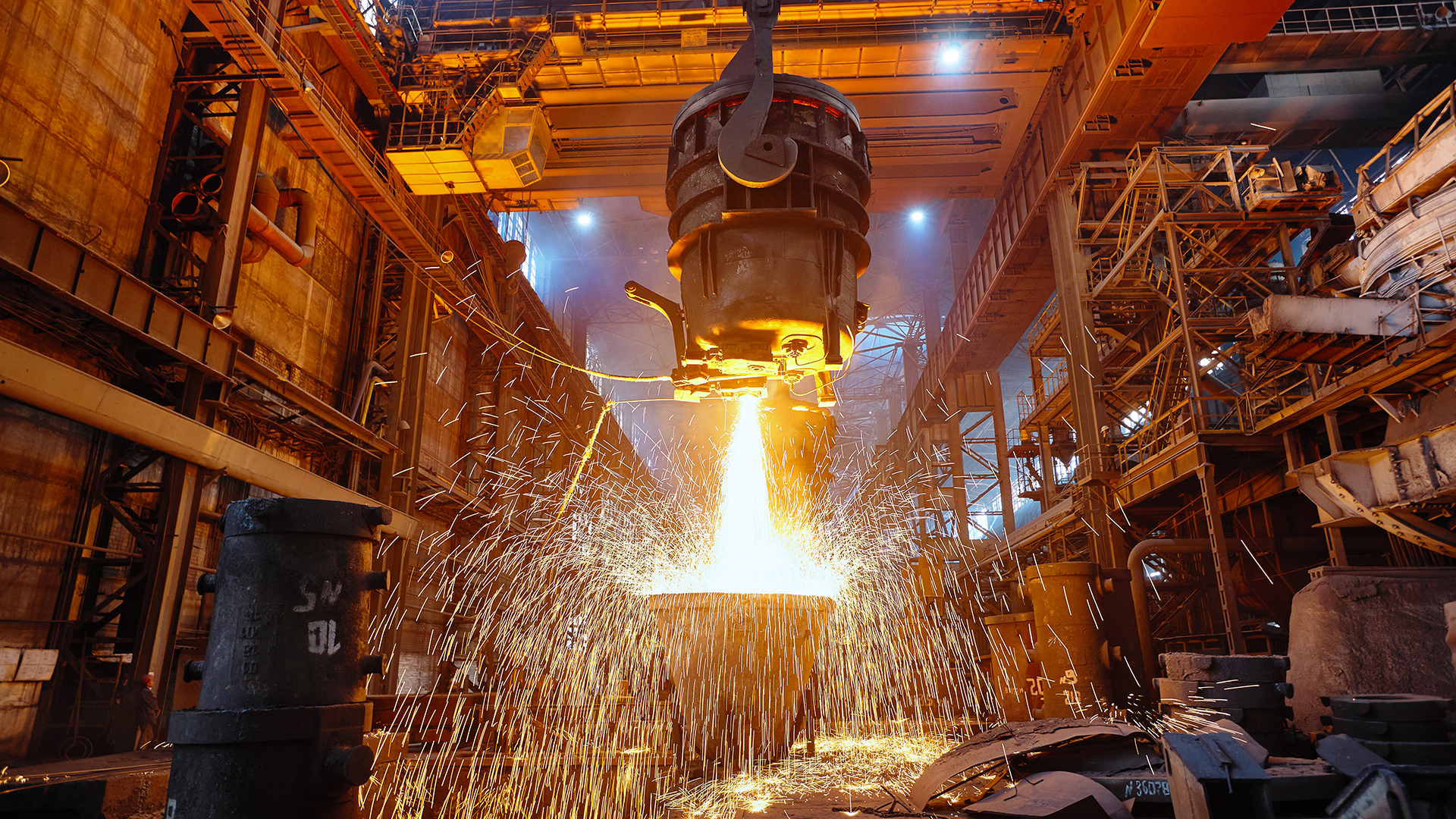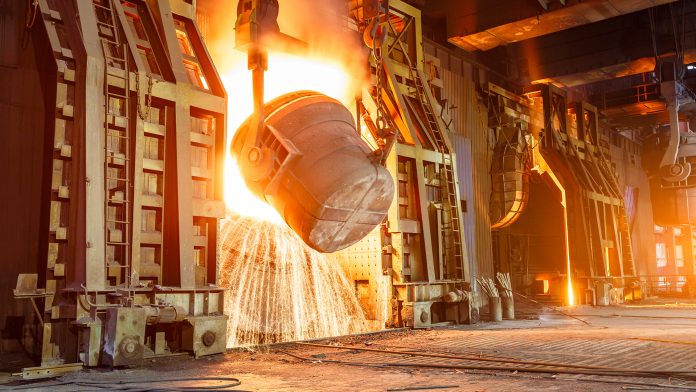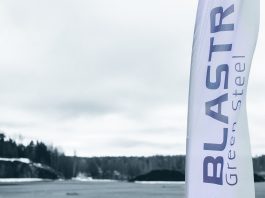The European Commission has approved over €2bn in State aid for decarbonising steel production in France and Germany.
Approved under EU State aid rules, the sizeable funding will assist ArcelorMittal France and ThyssenKrupp Steel Europe (tkSE) in decarbonising steel production at its projects using innovative technologies and renewable hydrogen.
Steel is the most essential engineering and construction material in the world, as it is used in buildings, infrastructure, tools, ships, trains, cars, bicycles, machines, and electrical appliances.
However, decarbonising steel production worldwide is an urgent challenge that must be addressed to achieve climate targets. Globally, the steel production industry generates the most CO2 emissions of all heavy industries and around 8% of total global emissions.
These two EU initiatives represent a significant milestone in decarbonising the sector and supplement the EU Hydrogen Strategy, European Green Deal, Green Deal Industrial Plan, and REPowerEU Plan.
Decarbonising steel production in France
ArcelorMittal will utilise €850m in funding to partially decarbonise steel production at its site in Dunkirk, in which it operates three blast furnaces producing liquid hot metal from a mixture of iron ore, pellets, coke, coal and preheated air.
The organisation also operates three basic oxygen furnaces that convert the liquid hot metal into liquid steel.
The financial support will help to develop a direct reduction plant (DRP) and two electric arc furnaces (EAF).

The installation of the DRP and EAFs will replace two of the three existing blast furnaces and two of the basic oxygen furnaces.
Natural gas usage will also be phased out gradually from the processes and will be replaced by renewable or low-carbon hydrogen, biogas and electricity as energy inputs.
Installation is expected to be completed by 2026 and is estimated to produce four million tonnes of low-carbon steel annually.
Over its 15-year lifetime, the project is expected to reduce more than 70 million tonnes of carbon dioxide.
DRP in Germany will significantly reduce emissions in the sector
tkSE will receive a direct grant of up to €550 for decarbonising steel production at its Duisburg site, with a conditional payment mechanism of up to €1.45bn.
The State aid will support the development of a DRP and two melting units to replace an existing blast furnace.
The natural gas currently used in the process will be phased out, with the plant using exclusively renewable hydrogen from 2037.
The new installations are expected to start operating in 2026 and will produce 2.3 million tonnes of hot metal per year.
The project is estimated to reduce 58 million tonnes of carbon dioxide over its lifetime.









